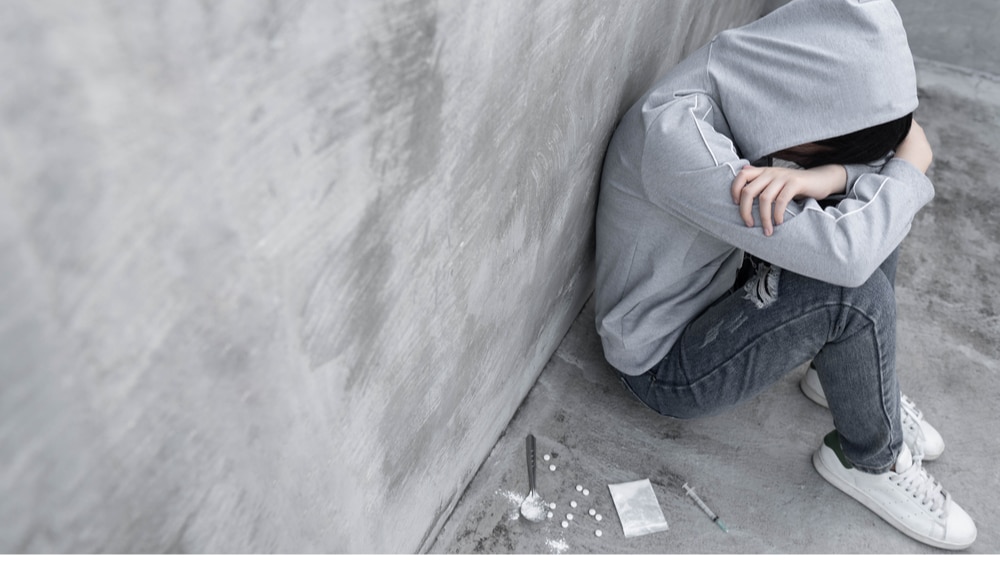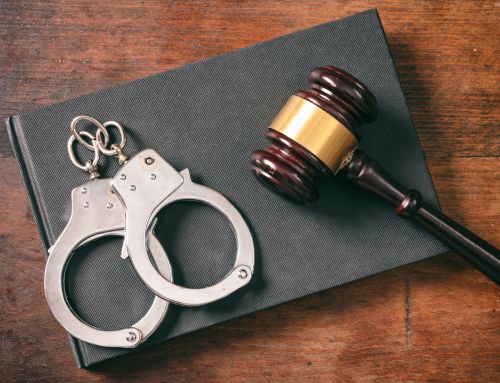
The Impact of Oxycodone Withdrawals
Oxycodone withdrawal symptoms and drug cravings can often lead many users to relapse.
But repeat relapses and continuing to abuse addictive drugs like this one can become increasingly dangerous.
Drug overdoses killed more than 63,000 Americans in 2016.
While some may be voluntary, most drug overdoses are accidental.
The Dangers of Addictive Drugs
The addictive qualities and brain-altering effects of potent drugs like oxycodone make them highly dangerous.
Illicit drugs are often laced with other substances.
Users are not always aware that this is happening, and when drugs are laced with other substances, the risks associated with the increase.
Laced drugs often come with a higher risk of overdose, as well as many other complications.

Medical Uses for Oxycodone
Oxycodone is a strong prescription opiate. It is prescribed to treat moderate to severe pains. Oxycodone is the active ingredient in numerous prescription drugs, including Oxycontin, Percocet, Percodan, and Tylox.
In patients with severe injuries, arthritis, or cancer, oxycodone can ease chronic pain and improve quality of life. However, this opiate is more commonly used in illicit settings and ways.
Oxycodone’s euphoric and pain-relieving effects can be addicting. When the drug is abused, addiction is even more likely. While oxycodone does have a limited number of approved medical uses, it also comes with a high risk of abuse and addiction.
That is why oxycodone was labeled a Schedule II drug by the federal government’s Drug Enforcement Agency. In the United States, misuse of prescription painkillers is the second most common form of illicit drug use.
Common Methods of Oxycodone Abuse
In traditional medical use, oxycodone pills are swallowed. In illicit settings, oxycodone pills are more often crushed and snorted. This is one of the most dangerous ways to misuse oxycodone.
When you snort a substance, it passes through your nasal lining and lands directly into your bloodstream. This way, most of the drug begins to circulate through your system almost instantly.
The risk of addiction and overdose are both heightened when drugs are abused this way. These risks are also heightened when you chew the pills to encourage them to start working faster or mix drugs with water to make them injectable.
Choosing Oxycodone Withdrawal
Choosing withdrawal symptoms over an addiction can be difficult. Drugs like oxycodone often alter your brain chemistry, tricking you into believing that you need more of the substance.
When dependence is formed, it may feel right to continue your drug use rather than battle cravings and withdrawals. But this is not a sustainable way to live. And continuing to abuse oxycodone puts you at risk of an overdose.
There were 46,802 opioid-related overdose deaths in the United States in 2018.
Facing your oxycodone withdrawal symptoms and cravings can be hard, but facing the alternatives is often much worse.
With the right level, length, and dedication to addiction care, substance abuse can be overcome before lasting damage occurs. And our medically-assisted detox program can help ease any withdrawal symptoms you experience to help set you up for success. With the right approach, there is hope.
Oxycodone Withdrawal – Day One
It can be difficult to commit to oxycodone withdrawal when you do not know how long it will take. Attempting to quit cold turkey at home can be challenging and scary.
Quitting under the care and supervision of a highly knowledgeable and compassionate team is the better way. Our safe and comfortable facilities is the ideal place to get away from the noise, temptations, triggers, and distractions that you have faced in the past.
Whether you are from right here in New Jersey or looking to escape from the city, we are ready to help.
After eight to 12 hours after you stop using it, oxycodone withdrawal symptoms start. These early symptoms tend to peak within the first 72 hours. Early opiate withdrawal symptoms include:
- Agitation and anxiety
- Muscle aches
- Increased tearing and runny nose
- Insomnia
- Sweats
- Yawning
Second Stage Oxycodone Withdrawal Symptoms
After the first few days, many of the early oxycodone withdrawal symptoms will begin to fade. In the later stages of withdrawal, you may experience discomforts like abdominal cramps, nausea, vomiting, or diarrhea. Dilated pupils and goosebumps are two other possibilities.
While these symptoms tend to be uncomfortable, they are not usually life-threatening. We will be by your side to monitor your progress, administer medications as needed, and work with you to enforce early sobriety. Increasing your strength and confidence with medical detox sets the tone for a strong start on the road to recovery.
Inpatient Programs for Oxycodone Addiction
If you have attempted to quit on your own in the past and oxycodone withdrawal symptoms or cravings led you to relapse, the chances are good that you will be eligible for our medical detox program. But what comes next?
We offer a wide variety of addiction treatment programs to meet a wide variety of unique addictions and needs. Two of the most common addiction treatment settings are inpatient and outpatient. Inpatient care is often ideal for severe addictions.
It is also ideal for those with multiple addictions, underlying mental health disorders, and other concerns that may require special attention.
Oxycodone Addiction Treatment Options
While inpatient care provides 24-hour access to support, care, and guidance, outpatient care helps you balance addiction care and flexibility if it is important to you to remain at home.
Outpatient care is typically better for those with milder, singular addictions and strong support systems or family obligations at home. This type of program typically requires a time commitment of a few hours per week.
During this time, you will attend behavioral therapy sessions, support group meetings, and other recovery methods in our facilities. We also offer several mid-range addiction treatment options. Partial care programs and intensive outpatient programs land somewhere in the middle.
We will work with you to determine which program will best suit your unique addiction and other needs.

Using Insurance for Oxycodone Addiction Treatment
Paying for drug and alcohol addiction treatments is one of the most common barriers that addicts site as a reason to avoid them. But paying for addiction treatments is often easier than you might think.
Depending on your addiction, program, and needs, your health insurance provider may offer partial or full coverage of your addiction treatments.
If you are not sure what is covered under your plan, please call our addiction specialist. They will perform a free insurance review and verification for you. If you do not have health insurance, they can also tell you about alternative payment options.
Getting the addiction care that you need and deserve is infinitely worth the costs. It is time to choose a better way.
North Jersey Recovery Center
Oxycodone withdrawal symptoms should not stand between you and a sober, healthy life.
If you are ready to quit using oxycodone, we are ready to help you get there.
Our dedicated teams, safe and comfortable facilities, incredible amenities, and proven treatment methods, offer a recovery setting, unlike any other.
Why waste another day wondering what your life could be without the grasp of oxycodone dragging you down?
Call us today to get started.










